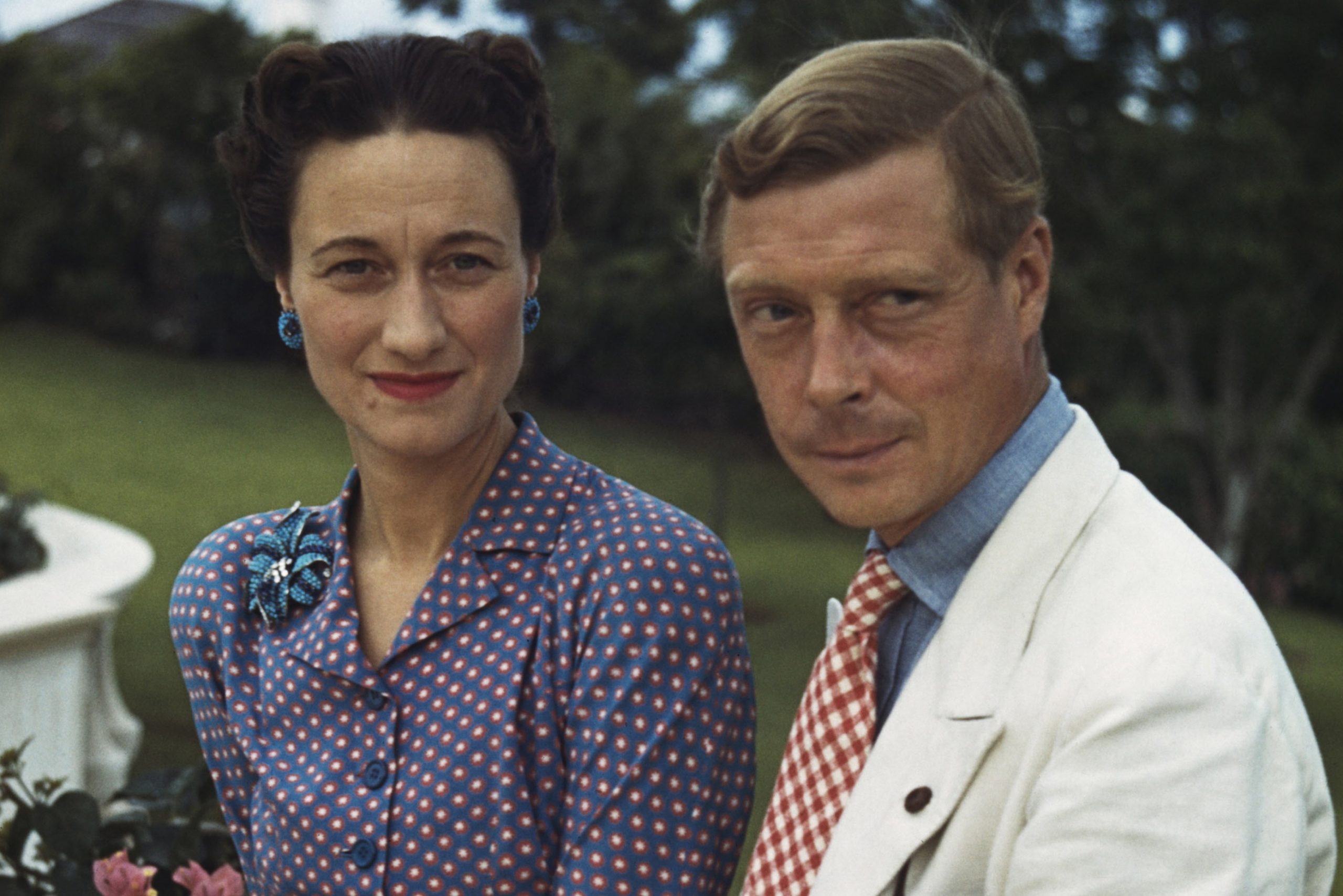When, early in January 1931, I first met the Duchess at our mutual friend’s house at Melton Mowbray…”.
This is the Duke of Windsor, former King Edward VIII before his abdication, speaking and recalling how, as Prince of Wales, he was introduced to Mrs. Simpson, the woman for whose love he would sensationally give up the crown.
Years later, Murphy gave his papers to Boston University, where I found them – box after box of notes and memos, including Edward’s first drafts scribbled on yellow legal pads, most of which never made it into the Life articles or the subsequent book.
We have before us the lost memoirs of Edward VIII, the authentic and unheard voice of the man who was once king. The book sheds new light on how and why he chose to surrender rather than live without the only woman he ever loved. It tells Edward’s story as he saw, lived, and remembered it.
Despite Edward’s assurances of an instant attraction to Wallis, the details of their first meeting are controversial.
According to Murphy, Edward, 37, “hardly spoke to me” that time in Melton Mowbray.
I was single, lonely, tired.” She and her husband Ernest had an apartment [in Marylebone] that served such good food as nowhere else in London. Her friends were many, and her conversations were merry, witty, and clever.”
Among these friends was Bernard Ricatson-Hutt, editor-in-chief of Reuters News, who found her “attractive and intelligent” and “a competent hostess” who had transferred the glamorous life of Park Avenue in New York to central London.
According to his recollections, the Simpsons’ apartment was overflowing with flowers from Fort Belvedere, Edward’s home in Windsor Park, and Wallis wore expensive jewelry he had given her.
His days at court are filled with stuffed shirts. This is where he comes to have fun,” is how Wallis explained her growing presence in the Simpson household.
Ricatson-Hutt said her husband Ernest “realized what was going on but, like a loyal Englishman, didn’t want to make a big deal of it.”
Edward was soon enchanted. He told Murphy, “She satisfied something creative in me. She brought something into my life that wasn’t there before: curiosity, independence, boldness, doubt, warmth. I saw everything in a new light.”
Appointed Prince of Wales on his 16th birthday, just seven weeks after his father became king, he has spent 26 years creating a “modern version” of the ancient office.
In his opinion, the “Prince of Wales” was not “a reproduction of my grandfather’s hat-wearing genius. He believes the “Prince of Wales” was not “a reproduction of my grandfather’s hat genius.” I became a member of a younger generation – a restless one, prone to dissent.”
Only a few regard Edward’s belief in the sacred nature of coronation as the valid reason for his reluctance to go along with Cooper’s proposed subterfuge. Instead, it was interpreted as a suitable excuse for a man seeking to avoid his high office.
Yet Edward repeatedly returned to the issue. He admits that he was not religious but “could never have brought himself to take part in a coronation service with the secret intention of subsequently marrying under circumstances contrary to the doctrines I had sworn to uphold.”
In addition, the ceremony was to entail the public reception of the sacrament of communion, to which Wallis, being divorced, was not admitted. This hypocrisy, he said, displeased him. He told Murphy, “I would not wish to receive what was denied to my wife.”

 Discuss
More news
Discuss
More news


